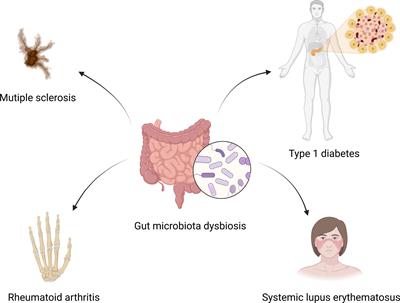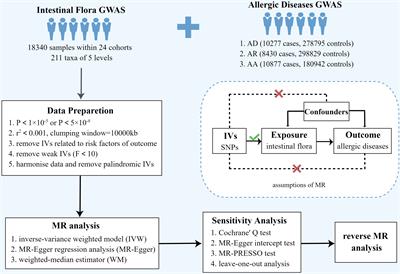REVIEW
Published on 18 Jul 2023
Gut microbiota: a newly identified environmental factor in systemic lupus erythematosus

doi 10.3389/fimmu.2023.1202850
- 5,047 views
- 5 citations
7,776
Total downloads
18k
Total views and downloads
Select the journal/section where you want your idea to be submitted:
REVIEW
Published on 18 Jul 2023

ORIGINAL RESEARCH
Published on 09 Mar 2023


Frontiers in Nutrition